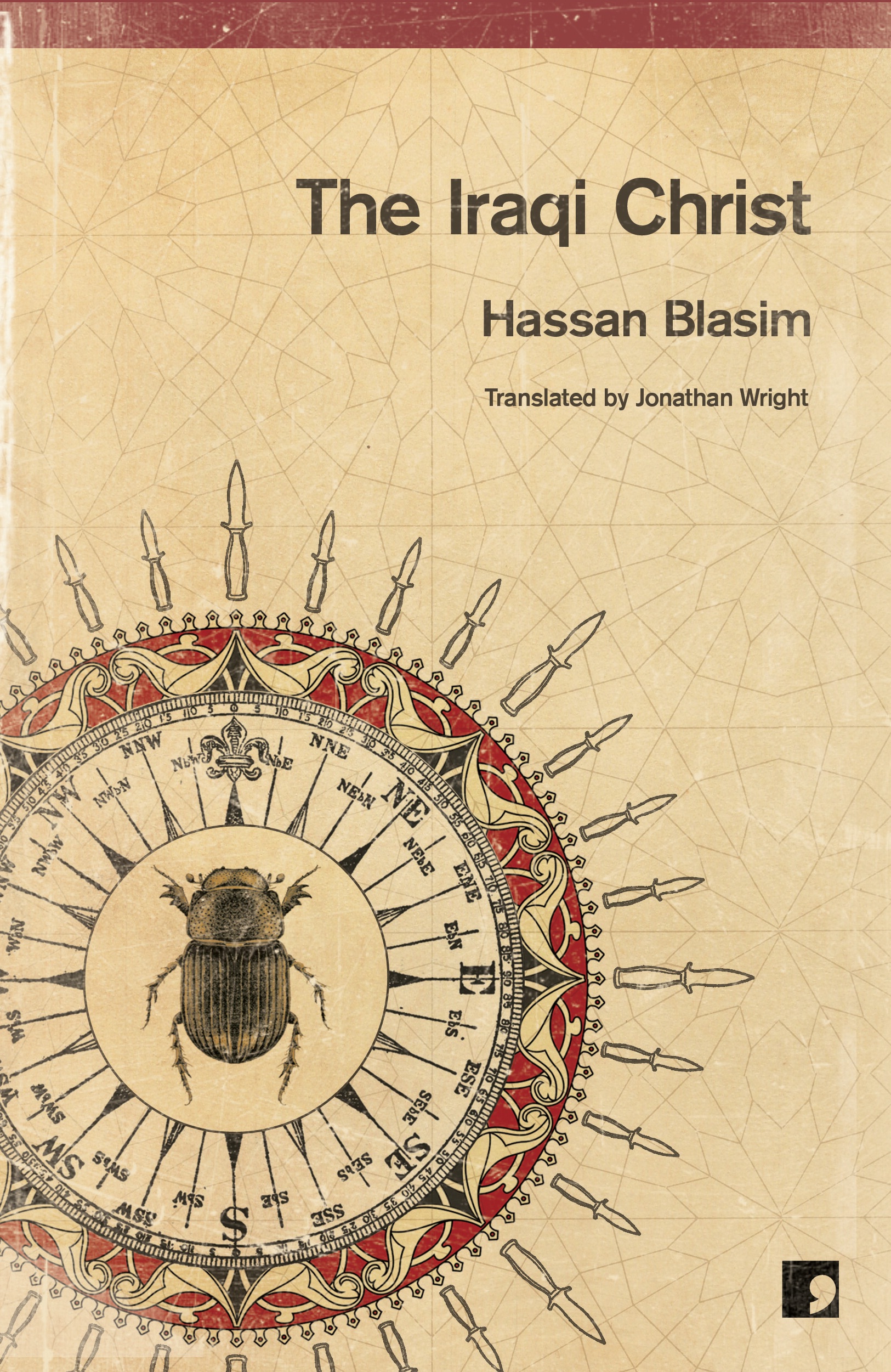People
Jonathan Wright wins prize for translation of stories of 'pitch-black humour'
Monday 26 May 2014

 A book translated by former Reuters correspondent Jonathan Wright (photo) has become the first by an Arab writer to win the Independent Foreign Fiction Prize. The prize is awarded annually to the best work of contemporary fiction by a living author which has been translated into English and published in the United Kingdom in the previous year.
A book translated by former Reuters correspondent Jonathan Wright (photo) has become the first by an Arab writer to win the Independent Foreign Fiction Prize. The prize is awarded annually to the best work of contemporary fiction by a living author which has been translated into English and published in the United Kingdom in the previous year.
The Iraqi Christ is a collection of short stories - another first in the 24 years of the competition. It combines reportage, memoir and dark fantasy to present post-Saddam and post-invasion Iraq as a surrealist inferno. The book, published by British independent publisher Comma Press, had previously won an English PEN translation award. It is yet to be published in its original Arabic.
Author Hassan Blasim and Wright share the £10,000 prize, presented at a ceremony in London on 22 May. They appeared together at the Hay Festival over the weekend with prize judge Boyd Tonkin who said of the winner: “A decade after the Western invasion and occupation of Iraq, that country’s writers are exploring the brutal and chaotic aftermath of war and tyranny with ever-growing confidence. Among them, Hassan Blasim stands out for his fearless candour and rule-busting artistry. The 14 stories of The Iraqi Christ, often surreal in style but always rooted in heart-breaking truth, depict this pitiless era with deep compassion, pitch-black humour and a visionary yearning for another, better life. Jonathan Wright’s translation from the Arabic captures all of their passion, their desperation and their soaring imaginative energy. The Iraqi Christ is not only the first Arabic book to win the Independent Foreign Fiction Prize, but a classic work of postwar witness, mourning and revolt.”
Blasim left Baghdad for Kurdistan in northern Iraq to avoid persecution, fleeing his homeland completely in 2000 and travelling as an illegal migrant for four years through Iran, Turkey, Bulgaria and Serbia before finally settling in Finland.
Wright, 60, studied Arabic, Turkish and Islamic civilisation at Oxford and spent most of his Reuters career in the Arab world. Born in Britain and raised in Canada, Malaysia, Hong Kong and Germany, he joined Reuters in 1980 and was based in the Middle East for most of the following three decades, with an assignment in Washington covering US foreign policy from 1998 to 2003. He left Reuters in 2009.
In August 1984, while on a reporting assignment in the Bekaa Valley, Wright became part of the Lebanon hostage crisis when he was detained and held hostage by a Palestinian splinter group led by Au Nidal. The group wanted to exchange him for members imprisoned in Britain for shooting Israeli ambassador Shlomo Argov in London in June 1982. Wright spent about one week in a small room in a country house and was then moved to a large villa. Two weeks later he escaped from captivity by removing a plank of wood covering a ventilation hole and crawling through the hole, which was about 10 feet above floor level. He reached the hole by dismantling his metal bedstead and using the frame as a ladder. Once outside he walked along the Beirut-Damascus highway until he reached a checkpoint manned by the mainly Druze Muslim Progressive Socialist Party. Party militia held him incommunicado at a police station until party leader Walid Jumblatt told his aides to drive him to the Reuters office in Beirut. ■
- « Previous
- Next »
- 384 of 576